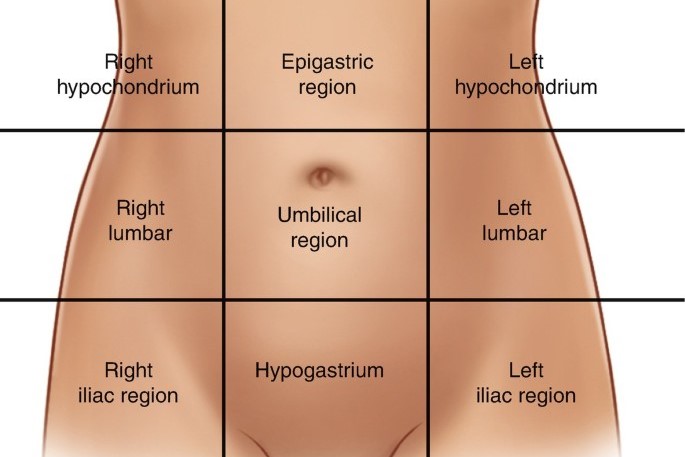Peptic ulcer – patient information
In this article, we will describe 10 facts for patients on peptic ulcers.
1. Definition. A peptic ulcer is a sore or open wound that forms in the lining of the stomach, duodenum, or oesophagus – causing a gastric, duodenal or oesophageal ulcer.
It is primarily caused by the erosion of the protective mucous layer that lines these organs, leading to damage and inflammation.
2. Cause. The most common cause of peptic ulcers is a bacterial infection called Helicobacter pylori (H. pylori).
This bacterium can live in the stomach and weaken the protective lining, making it susceptible to damage from stomach acid.
3. Risk factors. These include the long-term use of nonsteroidal anti-inflammatory drugs (NSAIDs) such as aspirin, ibuprofen, or naproxen.
These medications can irritate the stomach lining and disrupt the natural balance of stomach acid.
4. Who gets them. While peptic ulcers can occur at any age, they are more prevalent in adults. Lifestyle factors such as smoking, excessive alcohol consumption, stress, and a diet high in spicy or acidic foods can increase the risk of developing ulcers.
5. Symptoms. Peptic ulcers can cause symptoms such as abdominal pain – especially in the epigastrium (upper central abdomen) – usually described as a burning or gnawing sensation.
The pain may be more pronounced on an empty stomach or at night, and it can be temporarily relieved by eating or taking antacids.

6. Diagnosis. This involves various methods, including a medical history and examination; and diagnostic tests such as endoscopy, barium meal, or H. pylori testing.
7. Treatment. Peptic ulcer treatment involves a combination of medications to reduce stomach acid production, eradicate H. pylori infection if present, and protect the ulcerated area.
Common medications used include proton pump inhibitors (PPIs; e.g. lansoprazole or omeprazole), antibiotics, and antacids. Surgery is occasionally necessary.
8. Complications. Peptic ulcers can lead to complications if left untreated.
These complications include bleeding, perforation (when the ulcer penetrates through the organ’s wall), and obstruction (blockage) in the digestive system.
All may require emergency surgery.
9. Lifestyle changes. These can help manage and prevent peptic ulcers.
These include quitting smoking, reducing alcohol consumption, avoiding NSAIDs (or taking them under medical supervision), managing stress, and adopting a healthy diet that includes fibre-rich foods and limits spicy or acidic foods.
10. Recurrence. Most peptic ulcers can heal with appropriate treatment and lifestyle modifications.
However, recurrence is possible, and regular follow-up by a doctor may be needed, with treatment adjusted if necessary. Gastric ulcers can become malignant. So follow-up endoscopy is vital, to make sure they have healed.
Summary
We have described 10 facts for patients on peptic ulcers. We hope it has been helpful.

